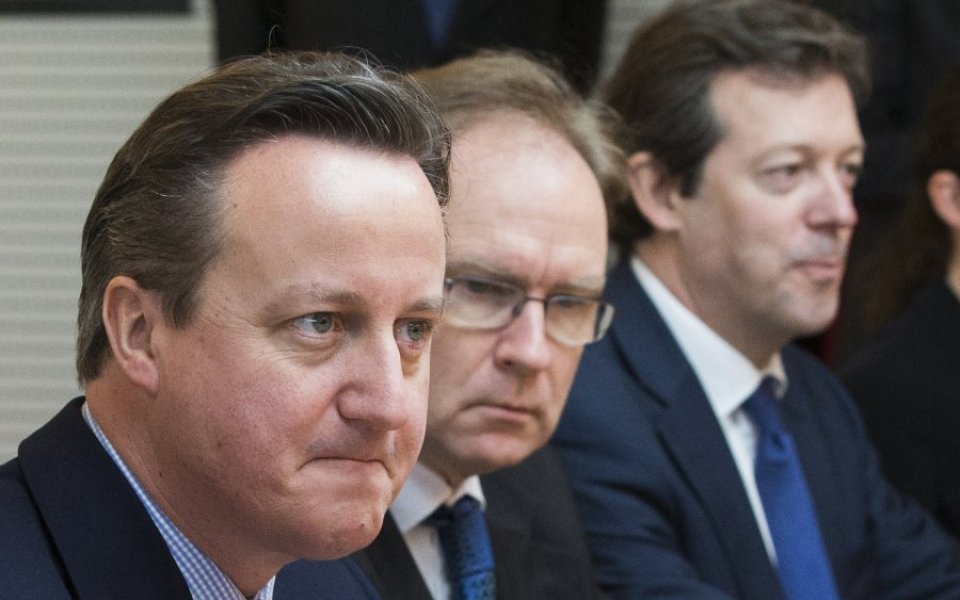EU referendum: Eastern European countries and European Parliament deal David Cameron a double-blow as CBI and BCC polling show UK businesses more likely to back Remain camp

Prime Minister David Cameron suffered a setback in his efforts to strike a deal with European leaders yesterday, as four eastern European prime ministers raised red flags over the UK’s EU reform agenda.
Speaking after a meeting with European Council President Donald Tusk, Czech prime minister Bohuslav Sobotka said the so-called Visegrad Four – Poland, Slovakia, Hungary and the Czech Republic – were still worried about UK plans to limit child benefit for EU migrants.
Read more: EU refugee crisis failures are a mark of its absolute decline
“We look with criticism at the parameters of the adjustment of child benefits and the conditions of the so-called 'emergency brake'," Sobotka said in a statement.
Sobotka’s comments prompted Tusk to warn there is an “extra mile to walk” before the EU signs off on Cameron’s draft deal.
Sterling fell to a two-week low against the dollar yesterday amid market fears that the continued disagreement among EU member states makes Brexit more likely.
Cameron is hoping to secure the backing of the other 27 EU member states at a European Council meeting in Brussels tomorrow. But Syed Kamall, the MEP who as chair of the European Conservatives and Reformists Group in the European Parliament is arguably the highest-ranking Brit in Brussels, conceded to City A.M. yesterday there is “still some work to do”.
Kamall added that while Cameron is still eyeing up a deal this week, the Prime Minister is “not going to be bound by any timetable”.
Read more: Why Cameron's EU deal is not worth the paper it's printed on
Cameron met with multiple MEPs in Brussels yesterday, including European Parliament President Martin Schulz. While a Number 10 spokesperson called the meetings “useful”, Schulz poured more cold water on Cameron’s efforts when he said he could not guarantee MEPs would ultimately approve any deal struck between Cameron and the EU heads of state and government.
“I can’t give a guarantee for the future of a legislation,” Schulz said after meeting Cameron. “No government can go to a parliament and say: ‘Here is our proposal, can you guarantee a result?’”
Cameron did receive a boost today, however, from 21 EU industry groups, who all said they back the Prime Minister’s agenda. In a joint letter signed by Confederation of British Industry (CBI) boss Carolyn Fairbairn, the groups said European business “strongly supports continued British membership of a European Union”.
Meanwhile, a new poll out today from the British Chambers of Commerce (BCC) found that 60 per cent of UK businesspeople will vote for the UK to remain in the EU, while 30 per cent would vote to leave.